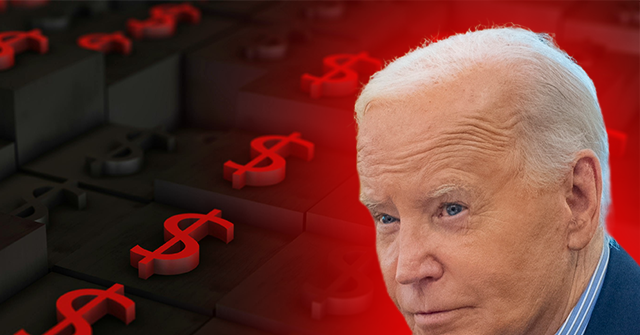During CBS’s election coverage, Margaret Brennan, the host of “Face the Nation,” highlighted the tendency of voters in battleground states to erroneously attribute rising costs, particularly in rent and groceries, to President Joe Biden’s administration. Noting the broader context, she explained that numerous factors contribute to increased living expenses, and that anger often gets directed at the president. The effect of the COVID-19 pandemic on supply chains was also underscored, suggesting that the current economic challenges stem from multiple intricate issues rather than solely from the actions of the current administration.
Brennan pointed out a striking correlation between voter attitudes and economic dissatisfaction, especially in swing states. With CBS projecting that former President Donald Trump would win Georgia, she asserted that such a result was not unforeseen, considering polls indicating widespread disappointment among Georgia voters regarding the economy. This reflects a common sentiment where people equate economic conditions with their immediate financial experiences, such as grocery bills, rather than a comprehensive evaluation of economic policies or national conditions.
She specifically mentioned data revealing a 20% increase in rent since Biden took office, emphasizing that these fluctuations are not solely the result of his presidency. Brennan elaborated that various external factors influence housing markets and pricing, but the public’s frustration often leads to an oversimplified blame-game directed at the leader of the nation. This sentiment resonates in the broader narrative of political accountability, where voters assess their economic well-being and often respond by casting judgment on those in power.
In her commentary on grocery prices, which have risen by 22%, Brennan reiterated that the pandemic’s aftermath is significantly impacting inflation and supply chain disruptions. The complexities of global trade and production have been irrevocably altered, contributing to an economic landscape that is markedly different from pre-pandemic conditions. This multifactorial view allows for a deeper understanding of the challenges facing the average American, which are often misattributed to domestic policies or political figures.
As voters reflect on their financial struggles during this election cycle, partisan narratives can skew public perception. Brennan’s insights suggest that voters might benefit from a more nuanced understanding of economic dynamics, recognizing that issues like inflation and rent increases are influenced by larger global trends and previous administrations’ policies, which complicates accountability in a democratic system. The conversation around economic dissatisfaction is emblematic of the ongoing struggle to evaluate leadership in turbulent times, especially amid powerful external factors like a global pandemic.
Ultimately, the election narrative, as conveyed by Brennan, presents a complex interplay of voter sentiment, economic realities, and the challenges of communicating policy impacts effectively. By examining the repercussions of COVID-19 on supply chains and the economy, voters may glean a more comprehensive perspective on economic leadership that transcends immediate grievances or superficial blame directed at political figures. Thus, understanding the relationship between economic factors and electoral outcomes remains vital as voters engage with national issues in the midst of a shifting economic landscape.

